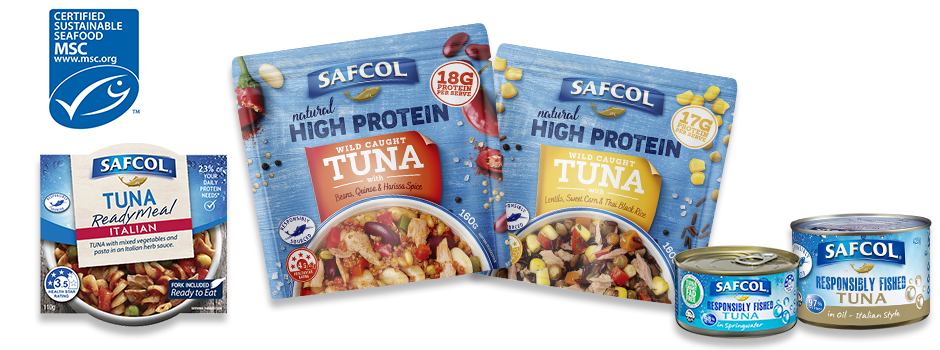How to protect your brain from traumatic injury
Posted on : October 15, 2020
by Ashleigh Feltham
Accredited Practising Dietitian and Accredited Nutritionist
Do you play a contact sport? If you do, it’s important that you read this blog. Participating in contact sport puts you at greater risk than non-contact sports of suffering a traumatic brain injury such as a concussion. Wearing appropriate protective wear is vital but what you may not know is what you eat can protect your brain too.
Docosahexaenoic acid (DHA) is a part of the omega-3 fat found in seafood like the quality variety available at Safcol Seafood. DHA increases the fluidity of your cell membranes and reduces inflammation. DHA is the main type of omega-3 fat found in your brain and also plays an essential role in keeping your nervous system working well.
If you suffer from a traumatic brain injury the amount of DHA is reduced in your brain. Research has shown that the outcome from a concussion with inadequate amounts of DHA was worse. This included increased brain cell death, slower to recover normal motor functions and larger brain defects and behavioural anxiety.
Even if the outcome from an impact is not concussion, damage can be observed in the brain when the brain hits the skull. DHA at optimal amounts is needed to help stabilise and reduce this movement and contact with your skull.
How much do you need? There is no set standard but the concrete health recommendation for seafood consumption of 100g, served 2-3 times a week is even more important if you are participating in a contact sport.
Take home message
This blog is not encouraging you to stop playing sport as it has many physical benefits for your body including your brain. Take the reasonable steps to prevent damage by wearing the appropriate protection and eating a diet which includes DHA to allow your brain to stand the best chance of recovery if injury was to occur.

Reference:
- Desai A, Kevala K, Kim HY. Depletion of brain docosahexaenoic acid impairs recovery from traumatic brain injury. PLoS One. 2014 Jan 27;9(1):e86472. doi: 10.1371/journal.pone.0086472. PMID: 24475126; PMCID: PMC3903526.
- Oliver JM, Anzalone AJ, Turner SM. Protection Before Impact: the Potential Neuroprotective Role of Nutritional Supplementation in Sports-Related Head Trauma. Sports Med. 2018 Mar;48(Suppl 1):39-52. doi: 10.1007/s40279-017-0847-3. PMID: 29368186; PMCID: PMC5790849.



